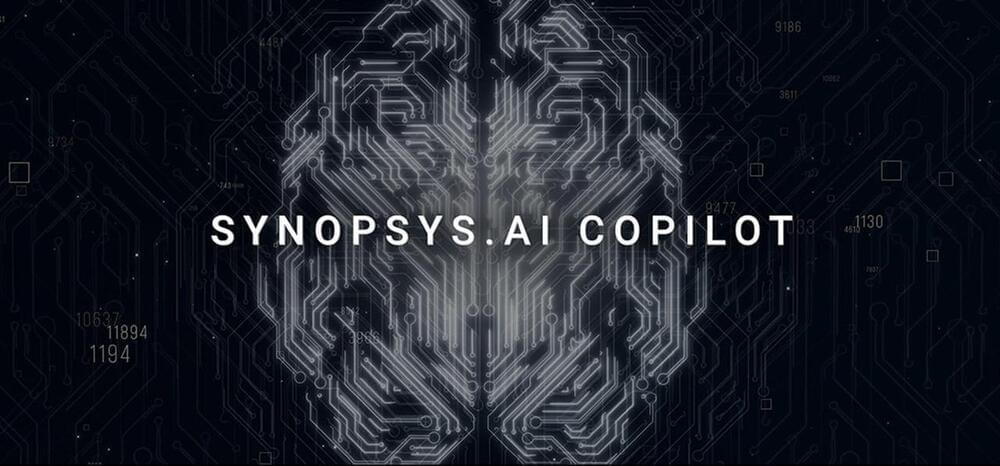Artificial intelligence has been steadily infused into various parts of the Synopsys EDA tool suite for the last few years. What started in 2021 with DSO.ai, a tool created to accelerate, enhance and reduce the costs associated with the place-and-route stage of semiconductor design (sometimes called PnR or floor planning), has been expanded across the company’s complete toolchain, called Synopsys.ai suite, which covers virtually the entire chip development workflow. Despite its numerous successes in recent years, however, Synopsys isn’t done innovating. Last week the company announced a strategic collaboration with Microsoft to deliver what it is calling the Synopsys.ai Copilot, a contextually-aware generative AI (GenAI) tool that assists human design teams via conversational intelligence using natural language.
If you missed the previous announcement, the Synopsys.ai Copilot is powered by OpenAI technology running on Microsoft’s Azure on-demand, high-performance cloud infrastructure. Synopsys.ai Copilot is meant to alleviate much of the grunt work required of engineers during RTL generation and verification, similar to the way ChatGPT’s conversational AI capabilities have brought productivity improvements to numerous other industries. Chip designers can effectively ask the Synopsys.ai Copilot questions in plain English, to gain insights into results, produce documentation, or ascertain information about a myriad of other criteria. Today Synopsys revealed that AMD, Intel and Microsoft are already working with the Synopsys.ai GenAI capabilities on various designs.
The generative AI of the Synopsys.ai Copilot enables a number of new capabilities. Collaborative tools can offer engineers guidance on everything from design tools to EDA workflows, and it can provide quick analysis of results. The aria-label="Synopsys.ai Copilot”>Synopsys.ai Copilot can also expedite development of RTL (register-transfer level abstraction), formal verification assertion creation, UVM test benches, and layout design. Synopsys.ai Copilot will also enable end-to-end workflow creation using natural language across the Synopsys.ai suite.
